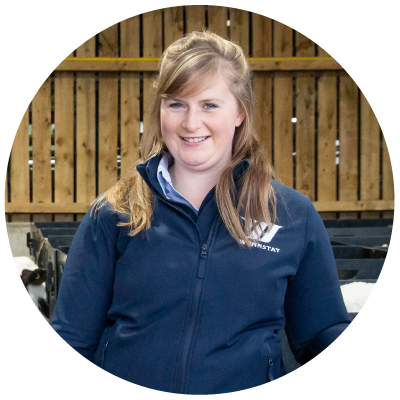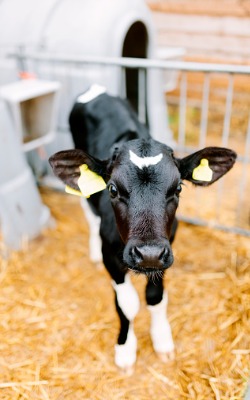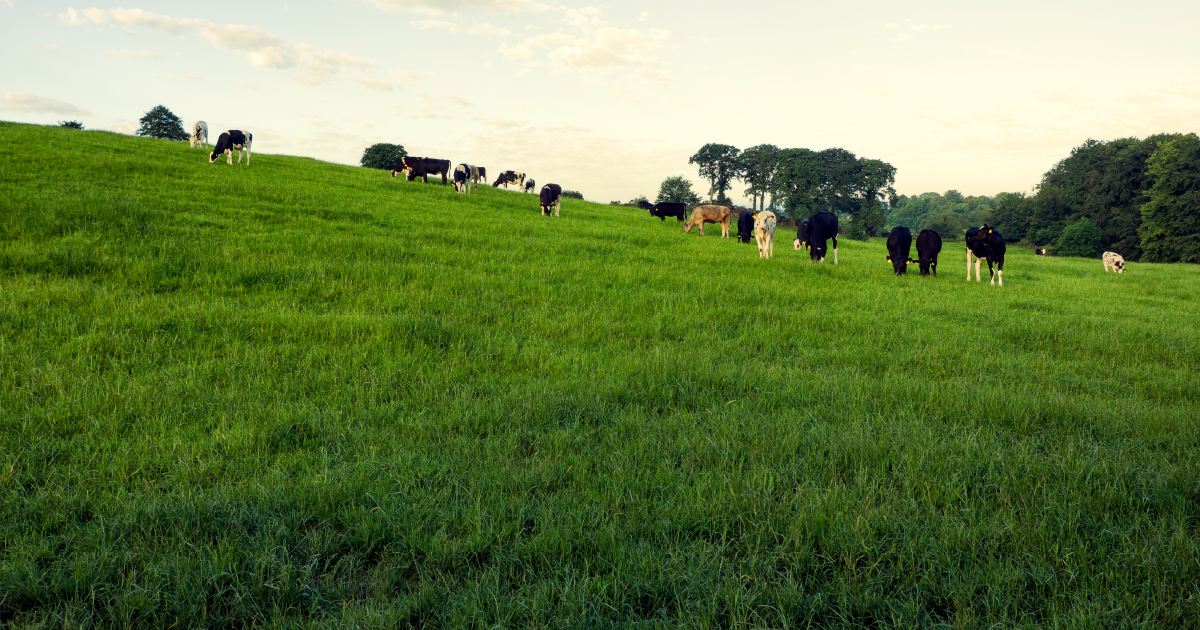What is Cryptosporidiosis?
-

- 4 Nov 2021
- 0 Comments

What is it?
Cryptosporidiosis is one of the most common causes of calf scour. Calves are usually affected shortly after birth and develop scour at around 5-7 days. Infected calves suffer permanent damage to the intestinal lining which reduces their ability to absorb nutrients and water. It can affect growth rates and push back the age at first calving.
Signs of Cryptosporidiosis
The main signs include watery yellow scour, dehydration, and reduced feed intake.
Firstly, if the calf is scouring; diagnose - this is done by identifying cryptosporidium eggs in the faeces. Keep scouring calves hydrated and warm, this is key for survival! Isolate any sick calves from healthy calves and feed them last.
Or, even better, prevent - not only can the calves catch it, it zoonotic, so people can too!
Tips to prevention
- Rodent and fly control should be in place
- Keep the calving pen clean, muck out, steam clean and disinfect with a crypto-approved disinfectant. Let the pens dry - crypto doesn’t like dry conditions.
- Make sure colostrum management and hygiene is the best it can be - feed it quickly, the right quantity and the best quality
- Use a foot dip in the entrance of the calf shed, you don’t want to be bringing bugs into the young calves’ environment
- Clean and disinfect pens between calves, keep calves in groups of similar ages
- Keep the feeders, buckets etc. clean and disinfected
- Control any other diseases on the farm
- Keep stress to a minimum
- Prevention is better than cure; if calves do scour hydration is key!


For more information and advice, contact one of our Wynnstay Calf and Youngstock Specialists. Or you can read more on cryptosporidiosis here, tackling crypto on-farm and a five-point crypto plan to help you and your calves.










